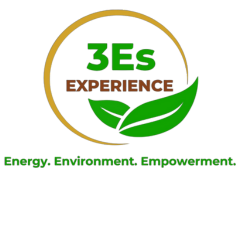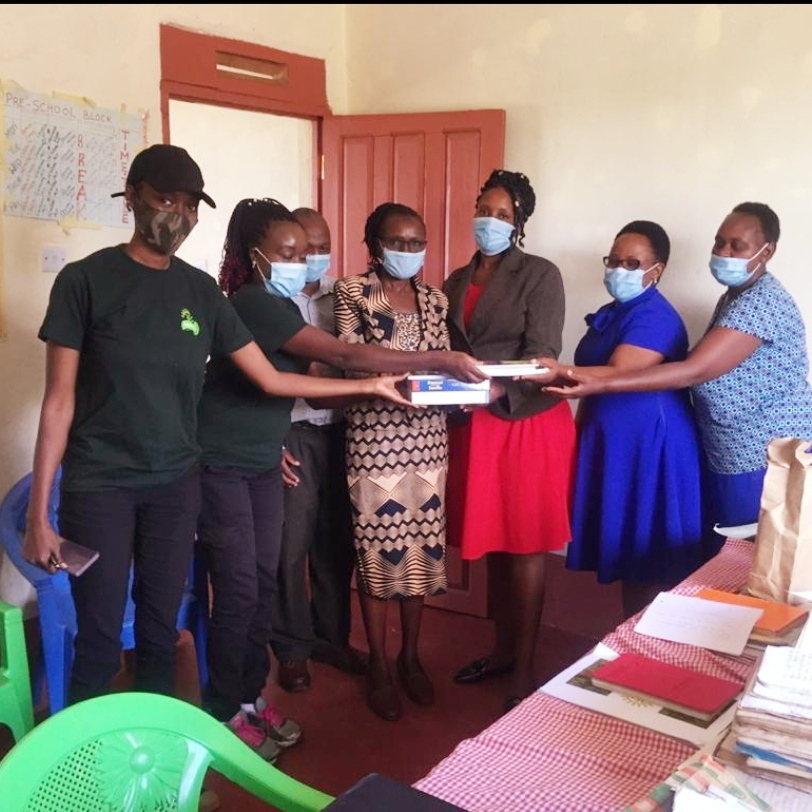Need for Clean Energy in rural households and schools
In December 2018, the Kenyan government launched the Kenya National Electrification Strategy (KNES) – a roadmap for achieving universal access to electricity by the year 2022. Universal access to electricity is a key requirement for meeting Kenya’s development goals under Kenya Vision 2030 (Kenya Vision 2030 is the country’s development blueprint covering the period 2008 to 2030 which aims to transform Kenya into a newly industrialising, “middle-income country providing a high quality life to all its citizens by the year 2030”. In order for the Country to achieve the Big Four Agenda of enhanced manufacturing, food security and nutrition, affordable universal health care and affordable housing the country will rely hugely on adequate energy supply.
Though due to one reason or another, with a few months now to 2022, little has been done to ensure clean energy access to all Kenyans. Many marginalised and vulnerable communities are still dependent on the use of firewood which adversely affects their health and the environment in general. Children have also fallen victim to household fires that have led to injuries and deaths.
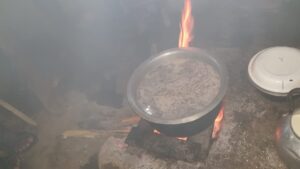
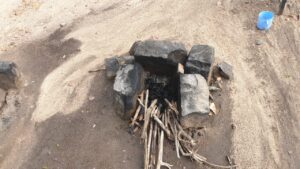
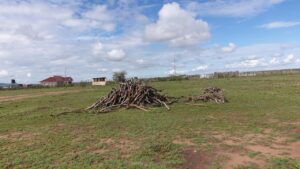
Use of firewood for cooking in rural households
Organisation and other private entities are combining efforts to reach the vulnerable people with their clean energy solution initiatives and donations in an effort to boost the government’s efforts in reaching out to marginalised communities who still remain far from the National energy grids.
.After needs assessment and baseline survey visits to different target communities, 3Es experience has confirmed that there is an evident need of clean cooking and lighting solutions. Young beneficiaries' study time ends after sunset, they depend on the firewood but for the privileged families, their children use kerosene lamps whose lighting is dim, flickers and emits tar fumes which are toxic and unhealthy when inhaled. Therefore, children do not perform well affecting their future.
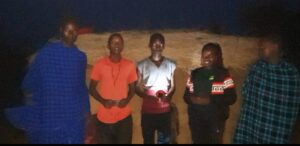
3Es Experience issuing out reading solar lanterns to students in Isinet Village in Loitoktok
3Es Experience Organisation has come up with ways and is exploring new avenues and partnerships to promote and enable the use of clean energy solutions in marginalised beneficiary communities. Some of these solutions include the distribution of clean cooking equipment such as eco jikos and clean lighting solutions such as solar lights. 3Es Experience is currently targeting school going children in marginalised communities for reading solar lights and learning material distribution so that they can improve their educational performance and comprehension of languages especially English and Kiswahili. This will be done through the African Child Book Campaign that intends to promote SDG 4 “Ensuring inclusive and equitable quality education and promoting lifelong learning opportunities for all.
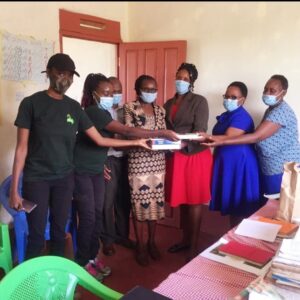
3Es Experience team issuing out story books and dictionaries to teachers of Isinet primary school in Loitoktok
3Es Experience is also looking for like-minded institutions and partners so that it can maximize its impact on the most vulnerable and marginalised communities. Feel Free to Get in Touch!
By
Programs Team Lead,
3EsExperience Organisation.
